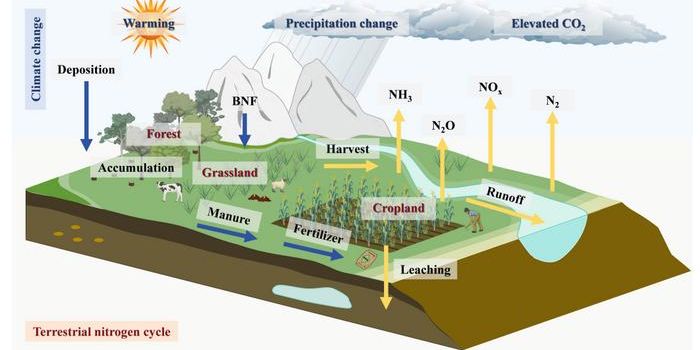The Worsening Water Crisis: 2024's Catastrophic Floods and Droughts
How did the 2024 climate, and specifically extreme weather, impact the global water cycle? This is what the 2024 Global Water Monitor Report hopes to address as an international team of scientists led by The Australian National University (ANU) conducted a global investigation of climate variables and how extreme weather influence these factors, specifically the global water cycle. This study holds the potential to help researchers, climate scientists, legislators, and the public better understand the short- and long-term human toll of climate change, specifically regarding the global water cycle.
“In 2024, Earth experienced its hottest year on record, for the fourth year in a row. Water systems across the globe bore the brunt,” said Dr. Albert van Dijk, who is a professor of water science and management at ANU and served as the report’s lead. “2024 was a year of extremes but was not an isolated occurrence. It is part of a worsening trend of more intense floods, prolonged droughts, and record-breaking extremes.”
For the study, the researchers analyzed data obtained from thousands of satellites and ground stations to ascertain the impacts of extreme weather on a plethora of water-related climate characteristics, including precipitation, air temperature, air humidity, soil water, terrestrial water storage, among others. The global regions the report focused on included the Southeastern USA, India, Spain, Southern Brazil, among others. In the end, the report noted that 2024 saw more than 8,700 deaths, $550 billion in global damage, and 40 million people displaced from water-related disasters like hurricanes, major floods, landslides, drought.
Dr. van Dijk said, “We found rainfall records are being broken with increasing regularity. For example, record-high monthly rainfall totals were achieved 27 per cent more frequently in 2024 than at the start of this century, whereas daily rainfall records were achieved 52 per cent more frequently. Record-lows were 38 per cent more frequent, so we are seeing worse extremes on both sides.”
For 2025, the researchers predict that global temperatures will continue to rise, resulting in increased rainfall events and flash floods.
How will climate change continue impacting the global water cycle in the coming years and decades? Only time will tell, and this is why we science!
As always, keep doing science & keep looking up!
Sources: Global Water Monitor, EurekAlert!








